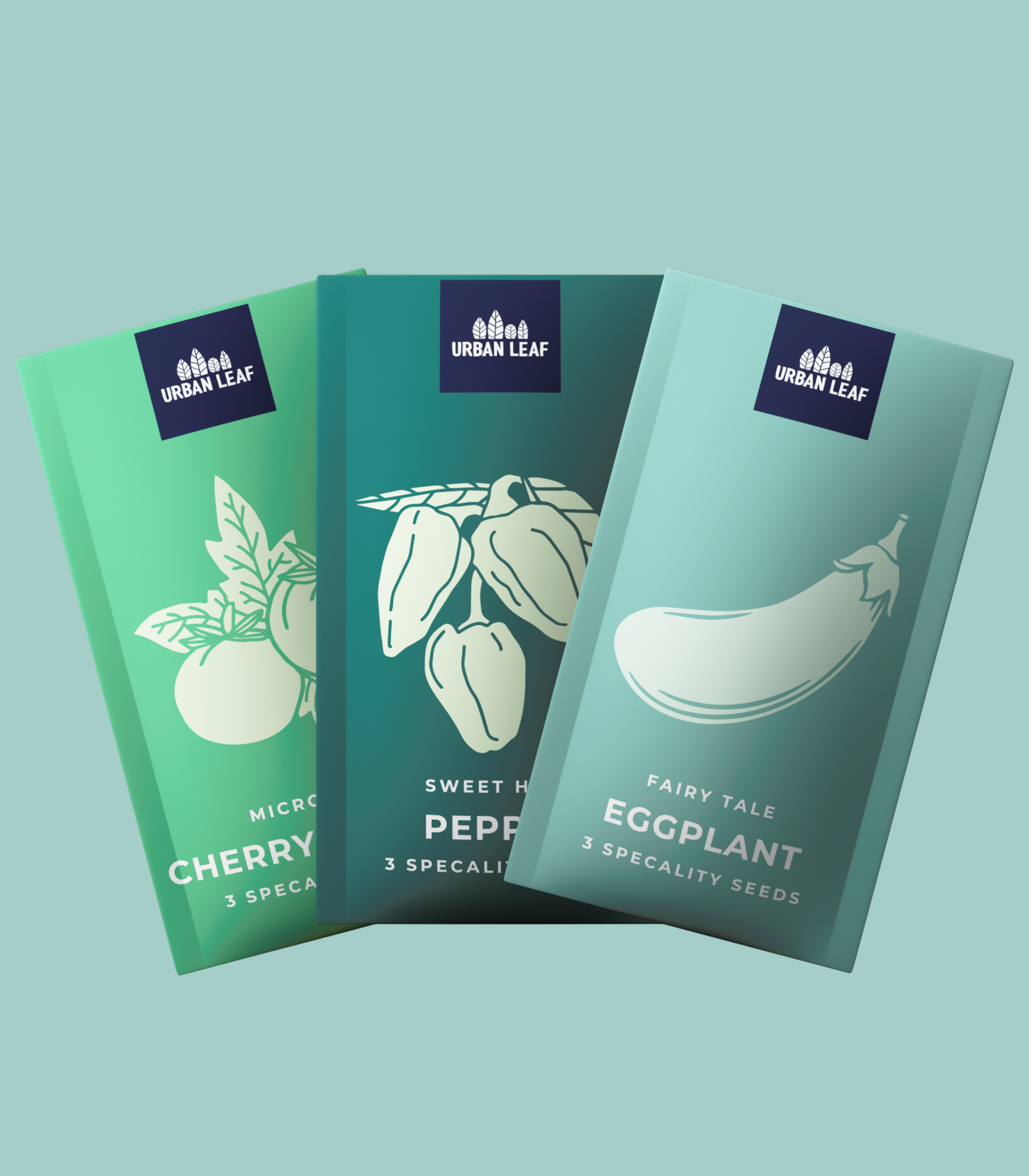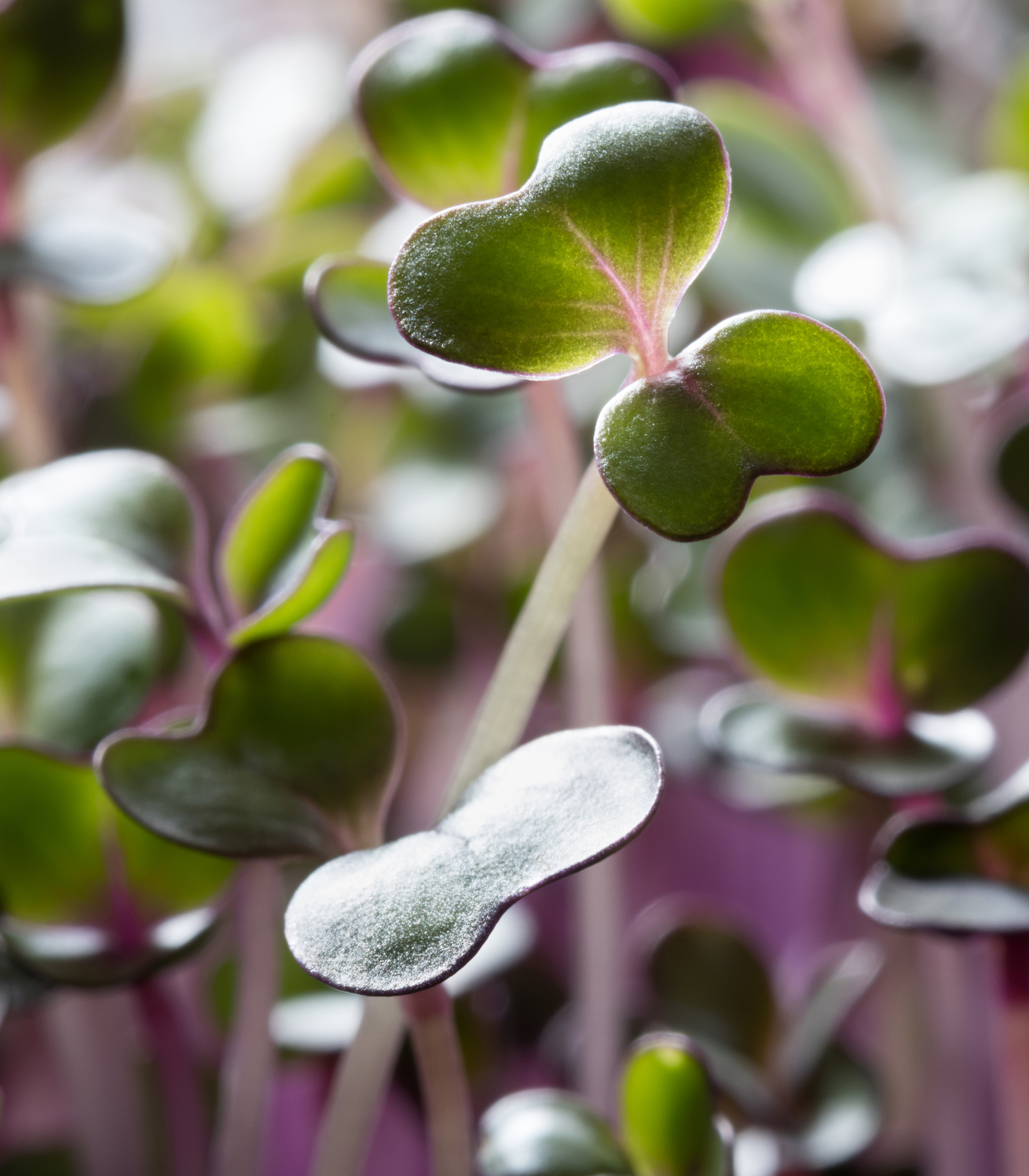Let’s face it, we all waste food sometimes. But hopefully, it's not something we do without thought. Food waste has serious repercussions beyond just being, as our president says, “just sad.” In fact, food waste is one of the largest sources of greenhouse gases on Earth and a major reason why resources are squandered. With up to 40% of all food wasted each year, here are a few causes to consider and address when consuming food:
Ugly Food Matters Too
You’ve probably heard of the “ugly food movement”, which encourages less disposal of produce that doesn’t meet aesthetic standards. The truth is: a) oddly shaped produce is perfectly edible, and b) when produce is wasted, so are the water, nutrients, and labor that went into growing it. Sadly, much of this less-than-perfect produce ends up in landfills. Fortunately, businesses like Imperfect Produce and Hungry Harvest are working to give “ugly” food a second chance and reduce waste.
When you grow your own food, every bit counts! You’re less likely to throw away your oddly shaped but still delicious harvest. Start growing your own food indoors with our home growing kits here.

The Transportation Costs of Fresh Food Are High
Transporting fresh produce can be risky, which is why much of it is frozen, picked before it’s ripe, or sprayed with preservatives. Spoilage during transportation, especially in developing countries with inadequate infrastructure, leads to a significant loss of goods. Mishandling is another major factor that can result in food arriving at its destination inedible.
Locally grown food eliminates many of these issues. By cutting down food miles, you not only reduce the risk of spoilage but also get fresher, more nutritious produce that’s often free from preservatives. Check out our indoor growing kits, seeds, and accessories to start growing your own fresh produce at home here.
Oversized Servings Lead to Wasted Resources
We’ve all been there—eyes bigger than our stomachs at an all-you-can-eat buffet. This over-serving problem can easily be solved by being mindful of portions. Don’t make or serve more food than you know you can eat. When you’ve grown the food yourself, you’re less likely to waste it because you know the effort involved in nurturing those plants.

Did You Know That Underutilization Is Also a Problem?
Underutilization, or not making the most of available food, is another cause of food waste. We've all forgotten about a vegetable in the fridge, only to find it spoiled. This habit leads to not only wasted food but wasted money too.
Growing your own food, whether in a garden or an indoor hydroponic system, helps build a greater appreciation for fresh ingredients. When you harvest and eat food straight from the plant, there’s little risk of spoilage. At Urban Leaf, we make growing your own food at home easy and accessible—start your journey here.
Here are a few resources we found helpful while putting this blog together:
- Sustainable Transport and Logistics
- The Truth About Food Loss and Waste in the Supply Chain
- FAO Report on Food Waste
Let’s all be more conscious of our environment and health, and start reducing food waste in small but impactful ways.









There are no comments for this article. Be the first one to leave a message!